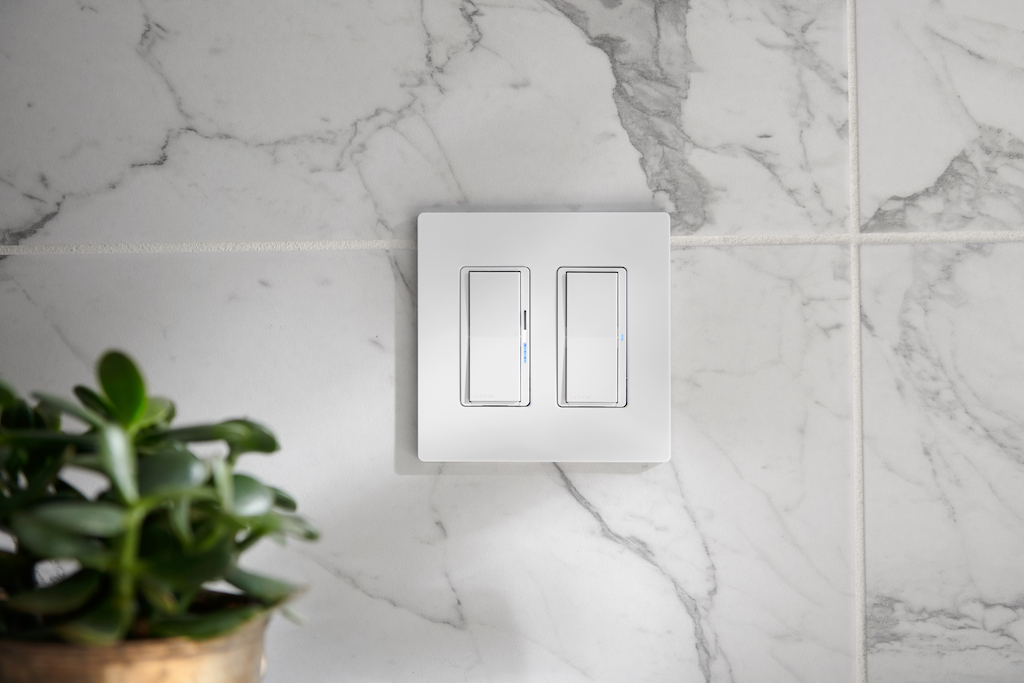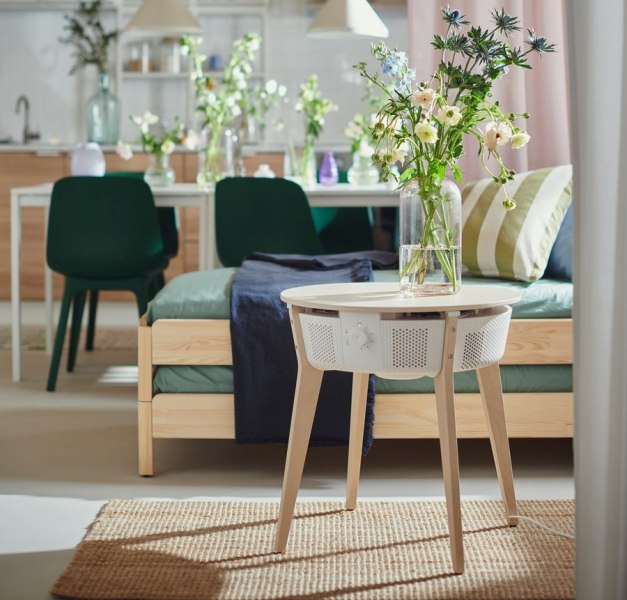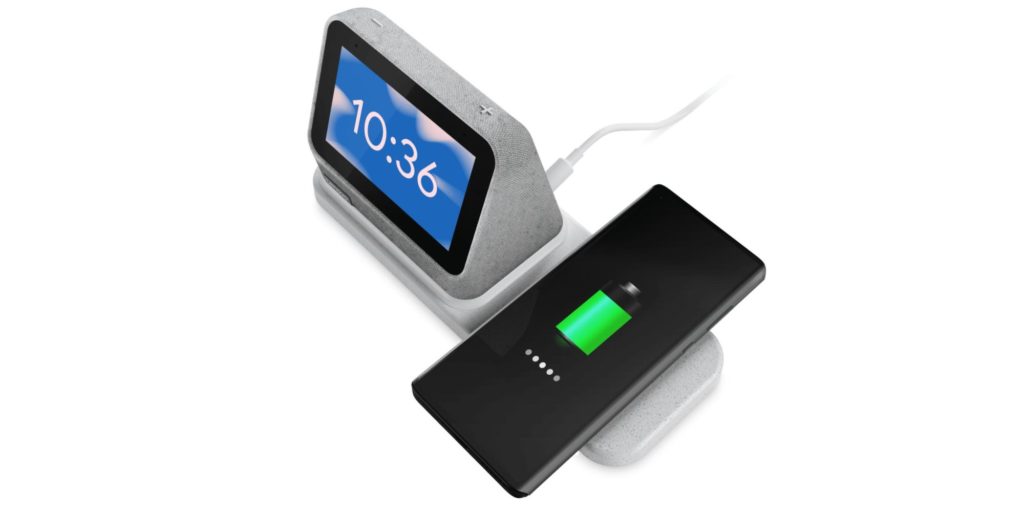I’m in Austin this week, for Silicon Labs’ Works With event, and while there I hosted a panel that provided a good sense of what is going to happen with the Matter smart home interoperability protocol. I think Kevin is a bit more optimistic than I am. We also got some small updates on Amazon’s Sidewalk Network plans, which we discuss. After that, we talk about some news from Silicon Labs, and why folks in the IoT should keep an eye on Apple’s satellite plans. Then we talk about Lutron’s new smart paddle switch and dimmer that will fit right into existing home decor as well as how long certain device lifespans should be in the wake of Eero canceling support for its first-generation mesh routers. We then look at what is likely the next-generation wired Nest Hello doorbells, and look at some new resources for mapping out smart building capabilities before discussing funding for industrial IoT middleware provider Litmus Automation. We end by answering a listener’s question about smart smoke alarms and sending notifications to a phone.

Our guest this week is Prashant Kanhere, the CTO of PayRange. PayRange provides a Bluetooth-based module that installs on a vending machine, washing machine, or pool table and replaces coin payments with electronic payments. I’ve followed this company for years and was stoked to see they had half a million devices under management now. With that scale, the company has figured out how to monitor those devices and how to update their firmware over tiny sips of connectivity. It’s a process that could come in handy for other IoT devices on low data-rate networks that need security or feature updates. We also discuss how the app works and the future of smart pool tables for a bit of fun. Enjoy the show.
Host: Stacey Higginbotham and Kevin Tofel
Guest: Prashant Kanhere, the CTO of PayRange
Sponsors: Infineon and Silicon Labs
- Matter may be too little, too late
- The IoT should keep an eye on Apple’s satellite ambitions
- Lutron’s new switch will fit right in
- Dynamic pricing could come for commercial laundromats
- Smart pool tables are in the future
Podcast: Play in new window | Download | Embed
Subscribe: RSS


